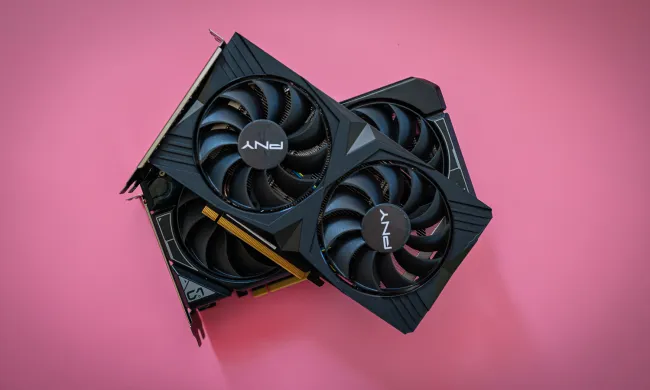 Facebook continues to make the news. This time the social networking site has decided to make the basic profiles of its members open to non-members searchingthe site, and will allow search engines access to the public profiles in its database. This is a major about-face, as Facebook has previously blocked access to member profiles by anyone exceptother members.
Facebook continues to make the news. This time the social networking site has decided to make the basic profiles of its members open to non-members searchingthe site, and will allow search engines access to the public profiles in its database. This is a major about-face, as Facebook has previously blocked access to member profiles by anyone exceptother members.
However, before you panic about having your information available, the company has emphasized that this is an opt-in service; users can choose to keep their profiles available only to other registered users.
“We’re expanding search so that people can see which of their friends are on Facebook more easily,” Philip Fung, a Facebook engineer, stated. “The public search listing containsless information than someone could find right after signing up anyway, so we’re not exposing any new information, and you have complete control over your public listing.”
The new policy continues the rapid expansion of Facebook, which only allowed users beyond university and college students a year ago. Since then, the company claims, it’s added an average of 100,000 new users each day, with a 3% weekly growth since January, so it now has some 39 million active users, many of them past college age.
Initially non-registered users will only be able to search members by a search box on the Facebook homepage, but that will expand to search engines.



